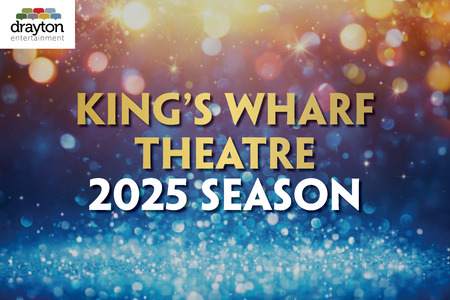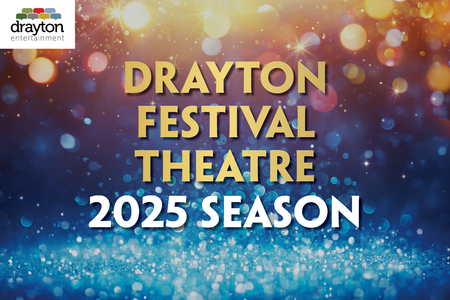How the original Bittergirls turned heartache into a hilarious hit musical - and 25 years of friendship
September 15, 2023
Bittergirl director and co-creator Mary Francis Moore shares the importance of friendships, relationship advice for border guards, and why she's grateful to the man who dumped her.
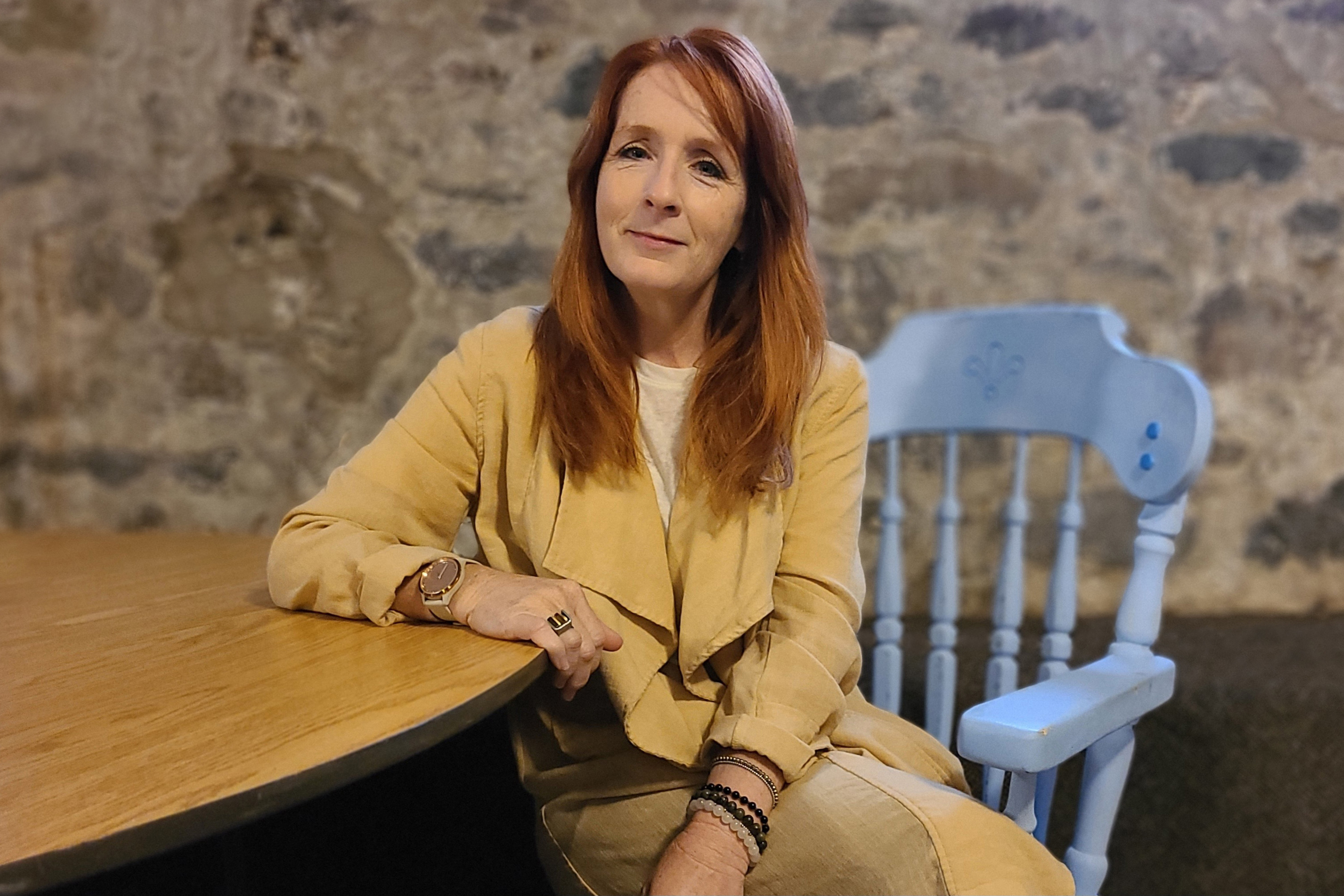
One of the co-writers of Bittergirl - The Musical - Mary Francis Moore - is directing a new production of the show at St. Jacobs Schoolhouse Theatre.
What is Bittergirl – The Musical about?
The show is about three women who don’t know each other, but they all get dumped, and it’s how they get over their heartbreak through the help of each other.
You’re one of the three Bittergirl writers, along with Annabel Fitzsimmons and Alison Lawrence. How did you all meet?
We met on a radio program in the late 1990s. We were being interviewed because we were all women working in independent theatre, sort of doing their own thing. We had to share pieces of our writing on the radio, and we realized we liked what each other were doing, so we decided that we would get together and have a coffee and talk about our writing. That turned into weekly meetings where we decided we were going to write the great political manifesto for Canadian theatre, but we just ended up talking about relationships at all of our meetings, so we decided to write that instead. And here we are, almost 25 years later.
How important was it to have friends who were going through something similar at the same time?
Oh, my gosh, that was so important. Annabel was serial dating, I was about to get dumped by my live-in partner, Alison was a single mother. We were at various stages of our breakups. Just to get to know these women, and know that there was someone else out there, being a few steps ahead of where we were, it was amazing. We became family. We’re so close, and I think it’s that time of our lives that really bonded us.
The three of you wrote the original play, a book, and then the musical. Did that help you get over your bad breakups?
I think as we got further away from the breakups, we could actually learn to laugh at them more, like the pain wasn’t as real, so we could dig in a little deeper. Or there were things like, “Oh, I’m actually going to put that in, now, because that doesn’t feel as personal.”
There are so many stories I could share! Flying to New York to do the show and giving breakup advice to flight attendants on the plane.
Mary Francis Moore
You all performed in the original version of the play. Do you have a favourite memory from that period?
There are so many stories I could share! Flying to New York to do the show and giving breakup advice to flight attendants on the plane. I ended up getting stuck at customs, and our director and the other two girls had gone on ahead of me. They were worried I was held at customs, but I was literally counseling a border guard, holding her hand and telling her it was all gonna be okay. We’ve given breakup advice to producers on the Oprah show.
I kid you not, I was in my midwife appointment, and I couldn’t get out because there were people talking to me about, “How do I get over it? What do I do?” I was eight months pregnant. This was years later, going right back into that “bittergirl” vernacular.
What’s the most unusual relationship advice you’ve ever been asked for?
We were giving breakup advice over the radio, and one woman called – and I’ll never forget this – she was 74 years old. She said she was jilted on the playground at elementary school, and she thought that it had affected her self-esteem and the way she entered relationships her entire life. We didn’t have an answer for that, because how do you unpack all of those years of not feeling like you belong or you're worthy? I don’t even remember the advice we gave her. Hopefully, it was to get some great friendships who see you the way you see yourself and help you know how fabulous you are. I remember thinking, “Oh, those things that happened to us early on can carry us through our lives.” I always wonder if she ever got over it. I wish I could remember the advice, though. I hope it was good.
Why did you include music from the 60s and 70s in Bittergirl?
That was our genius director, Michael Waller. He directed the original production of bittergirl. Michael had this idea that we would have this contemporary story of these very modern women, but with girl group music. There was something so relatable, something multigenerational, but there was also a sense of innocence in these girl groups, and they wear their heart on their sleeves, musically. We would be doing these risqué, contemporary scenes and talking about things that people weren’t talking about, but then there would be the innocence of the soundtrack for these transitional moments. That was also Michael’s inspiration, for us to think about turning it into a musical.
In these moments, where we can make someone who’s hurting laugh as hard as we do, I think we’ve done our job.
Mary Francis Moore
What do you enjoy most about working on the show?
I think my favourite part from when I performed in it and first wrote it was the friendships I made with Alison and Annabel and the creative team, the director and the stage managers, our “bitterboys” who’ve been with us over the years.
I just said to the actors today, as long as people continue to dump each other, and as long as there continues to be heartbreak, our play is still relevant.
But it’s always the people. The audiences who share their stories with us, they give us so much trust, they’re so vulnerable with us. In these moments, where we can make someone who’s hurting laugh as hard as we do, I think we’ve done our job, and I hope that that’s what we’ll do with this production.
What's it like to work with these performers?
This cast is amazing. They’re so funny. They’re getting down into the emotional truth right away. A lot of them haven’t worked together before, but the trust is already there.
I think audiences will recognize some of the actors from other Drayton productions. People on our creative team have worked with Drayton before, so there will be people that they recognize.
Do you have anything to say to the man who was your inspiration for this show?
(Laughter) That’s a great question. What do I want to say? “Thank you. Thank you for giving me what has been one of the best creative gifts of my life. I would not be the person I am today if I didn’t have this show.”
What’s the main message in Bittergirl?
“Wrap your dignity around you like a cloak, and move on.” Your friends, your friends, your friends, and laughter. And we always say, “Yesterday’s heartache is tomorrow’s one liner.”
Yesterday’s heartache is tomorrow’s one liner.
Mary Francis Moore
What do you hope the audience feels as they're leaving Bittergirl?
That they had a great time. If they recognize themselves on stage, great. If they recognize someone they know and love, great. But just that they’ve had this cathartic experience with laughter. I think it feels like it’s a play about relationships, but really, it’s a play about friendship. And that’s something we want people to leave (with). That they want to call their girlfriends, and get together, and call someone they haven’t seen in a while, and have a laugh.

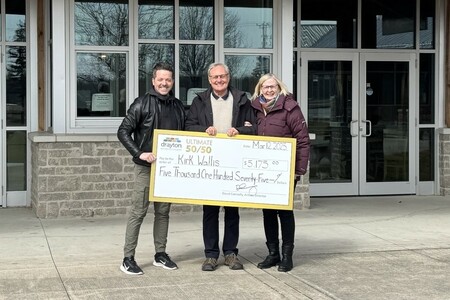
.jpg)
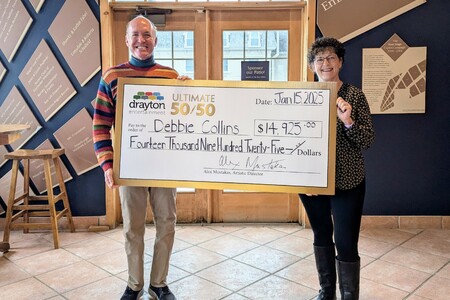
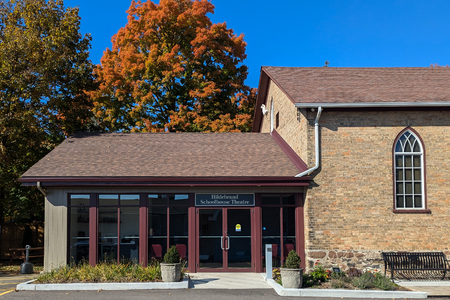
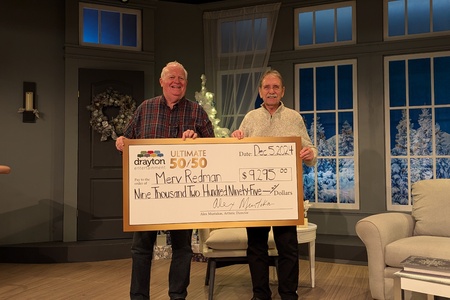
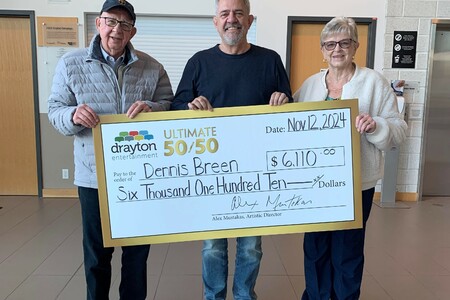
.png)
